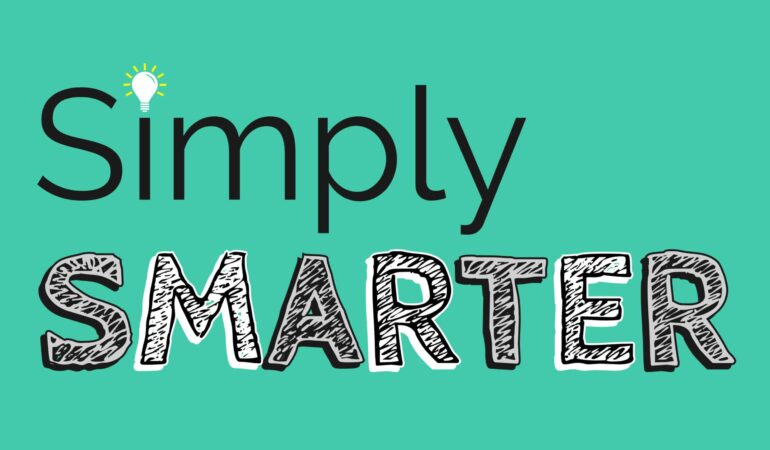Reasons to take the February ACT
Taking an official ACT in February can be super beneficial for students since many students can take up to two tests in the same month. For Kansas public school Juniors, the state provides an additional ACT at their school during school hours. This year that test lands on February 27th, so preparing for the February test dates may be a smart decision for a lot of students.
Two Tests in One Month
Typically, we encourage students to prepare for the ACT 8-10 weeks prior to the test date, which makes the start of prep for the February 10th ACT the beginning to mid-December. For Kansas Juniors preparing for the February 27th test, the best time to start is the end of December or beginning of January, which is perfect since students will be in the middle of Winter Break.
With the option of two test dates in February, taking the official ACT on February 10th and then again two and half weeks later, the content will remain fresh, and you will know what to expect when it comes to taking the test. Just remember to keep studying in between test dates and of course, use the strategies your tutor has given you so you can maximize your ACT prep efforts and potentially obtain a higher score.
Test scores are released typically ten days to two weeks after the test date, so scores should start to be released on February 20th. This gives you an idea of what you need to focus on before you take the next test. Use your time wisely and concentrate on areas that need attention.
February is also the least popular test date, meaning fewer test-takers and therefore fewer distractions. This could translate to a calmer testing environment. If that’s important to you, then consider the February ACT.
College Applications
If your score isn’t what you hoped for, you have ample time to retake the test in April or June, refine your study approach, and still meet early application deadlines. No pressure, just valuable test-day experience.
Colleges see thousands of applications in the spring. By applying early with your February ACT score, you stand out from the crowd. This can be a significant advantage, especially if you’re aiming for competitive schools.
Of course, February isn’t for everyone. Student athletes in the midst of basketball or volleyball season may feel completely overwhelmed and this test date may not be for them. Consider your individual study pace, comfort level with early deadlines, and overall testing strategy. But if you’re a motivated student looking for an edge, February could be your ticket to ACT success.
Remember: Every student is different. Weigh the pros and cons carefully and choose the ACT date that best suits your needs and academic journey. Get Smarter Prep has several ACT Prep options to choose from including three different ACT Prep Courses, ACT Semi-Private Tutoring, and ACT Private Tutoring. Good luck!




